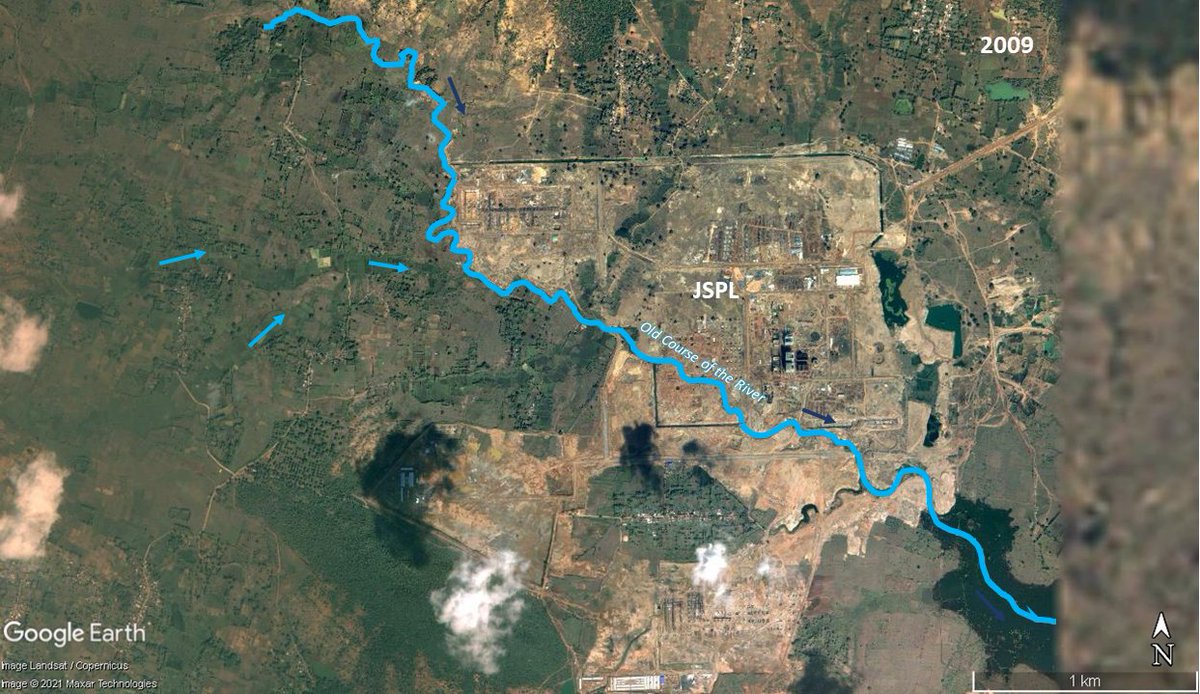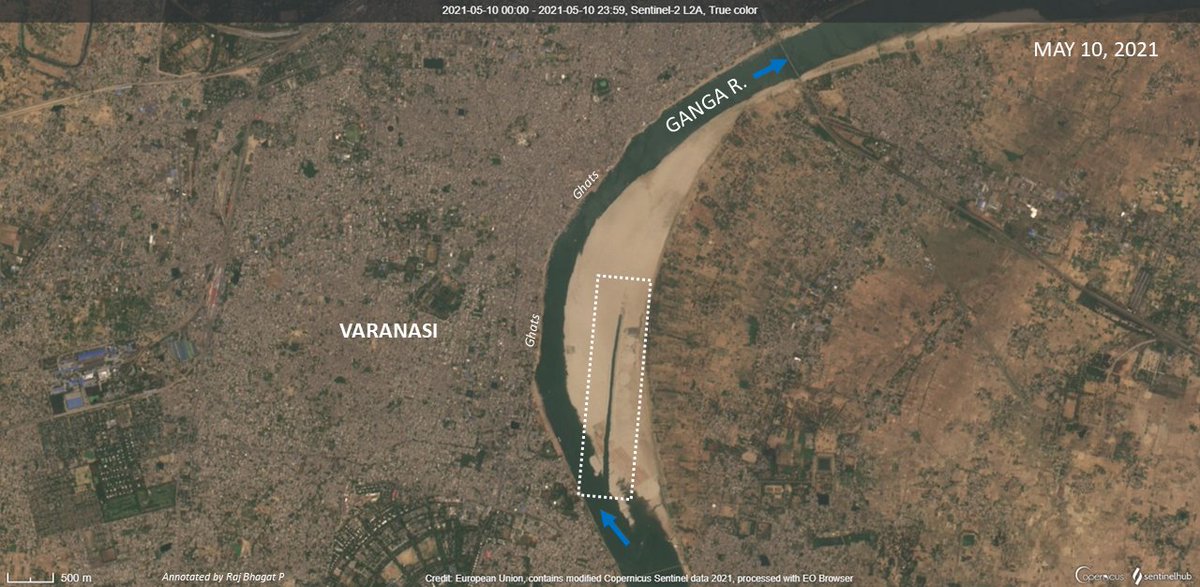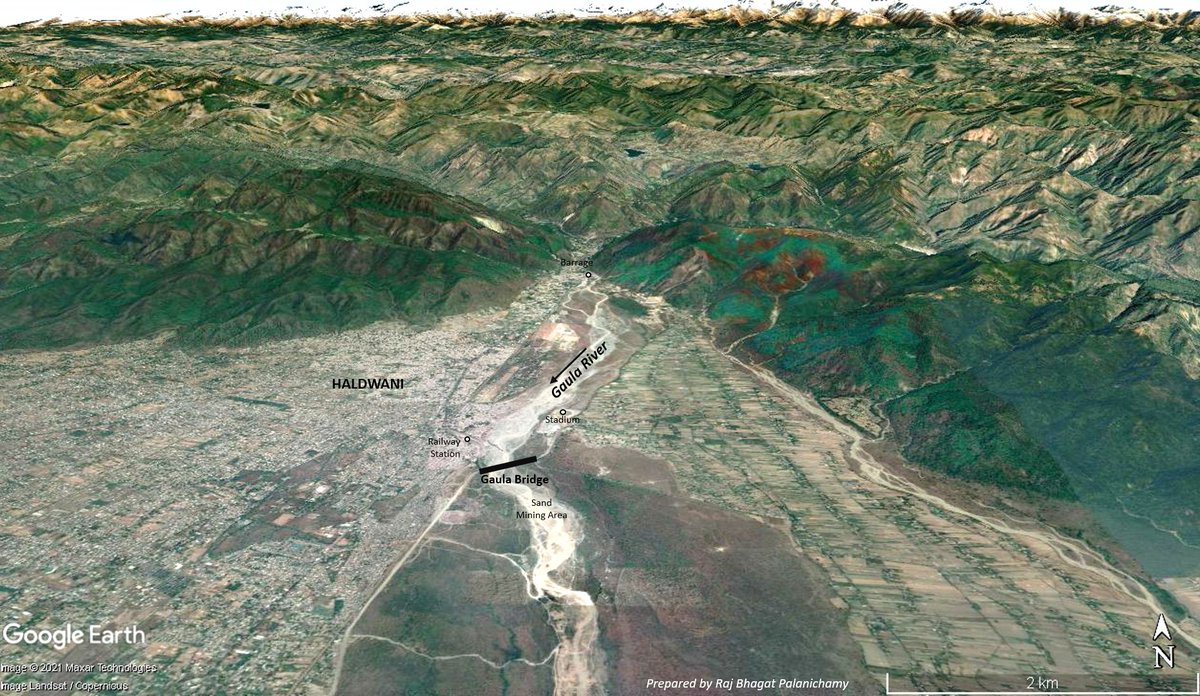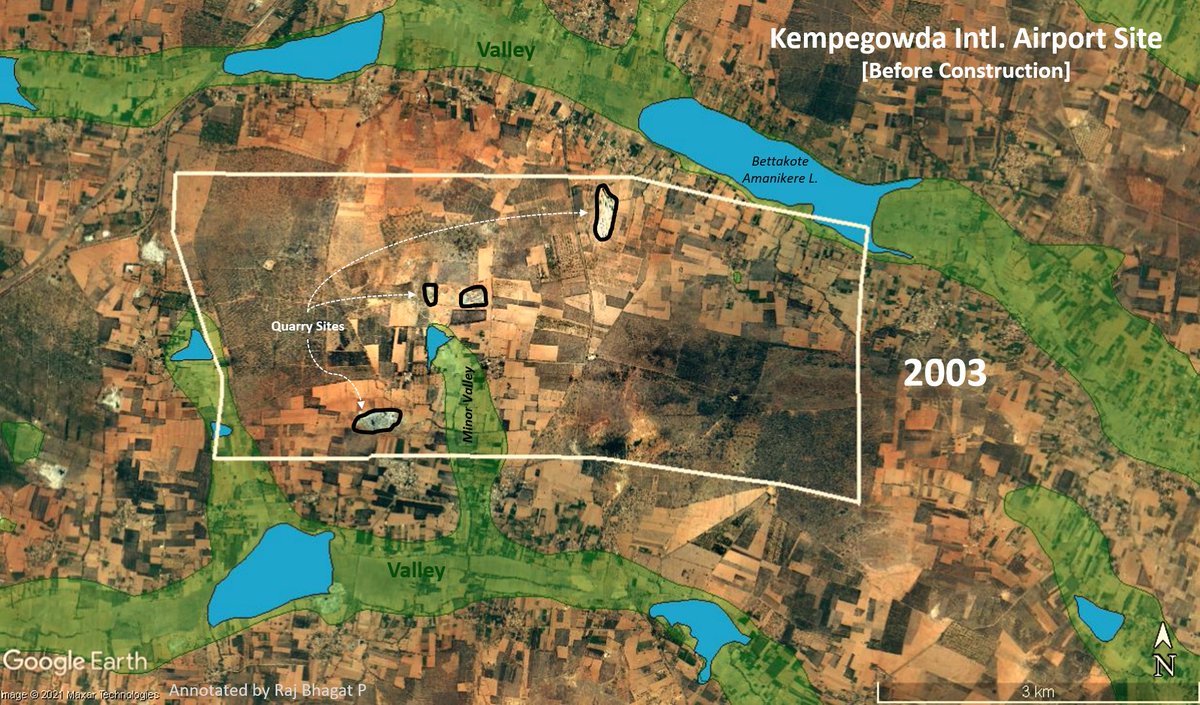
#Thread of maps on Palayamkottai, now part of #Tirunelveli
As a city,Palayamkottai has a recorded history for more than a thousand years. It reached its zenith during the British era & was called as "Oxford of South India"
My first thread in 2022 is a tribute to #ThoPa
As a city,Palayamkottai has a recorded history for more than a thousand years. It reached its zenith during the British era & was called as "Oxford of South India"
My first thread in 2022 is a tribute to #ThoPa

Palaymkottai was located in KeelKalaKootram, a revenue division in the east side of Porunai river (now called Thamirabarani). The fort itself was positioned to protect the lush farmlands & was at the intersection of the farmlands & pastures which designed its socio-cultural setup 



Before the 1700s, the city was largely confined within the fort walls. But it had began expanding outside afterwards. The fort was a largely rectangular shaped structure with a number of bastions and four gates in four directions. 



Yes. You read it right.. The stream is named so because a lady dropped her child while taking bath after trying to take a jackfruit that was floating in the stream when it had flooded once. 

The city's head/mother goddess is Aayirathamman (Goddess of one thousand) whose temple is at the intersection of the arterial roads. The earliest inscriptions about the city are in Gopalaswamy temple and are more than a 1000 years old 



The city has sprawled well outside the fort and now palayamkottai is part of Tirunelveli which has a population of ~0.5 million.. Only parts of the once majestic fort - east gate and west gate are left over.
Efforts are taken by @Vish_speaks to renovate
thehindu.com/news/cities/Ma…

Efforts are taken by @Vish_speaks to renovate
thehindu.com/news/cities/Ma…


This is my attempt to spatialize and record the history of this city based on the book by Tho Paramasivan and Navaneetha Krishnan.
In the early 2000s, I thought of giving a proposal to ThoPa to bring my skills and the geographical dimension to his anthropology works.
In the early 2000s, I thought of giving a proposal to ThoPa to bring my skills and the geographical dimension to his anthropology works.

I was supposed to meet him as he lived a few streets away. I postponed it every time & I never met! Few years ago, when I heard that he was not well, I began regretting my procrastination 😏
His first year death anniversary was conducted right next to my house attendedby @thiruja
His first year death anniversary was conducted right next to my house attendedby @thiruja
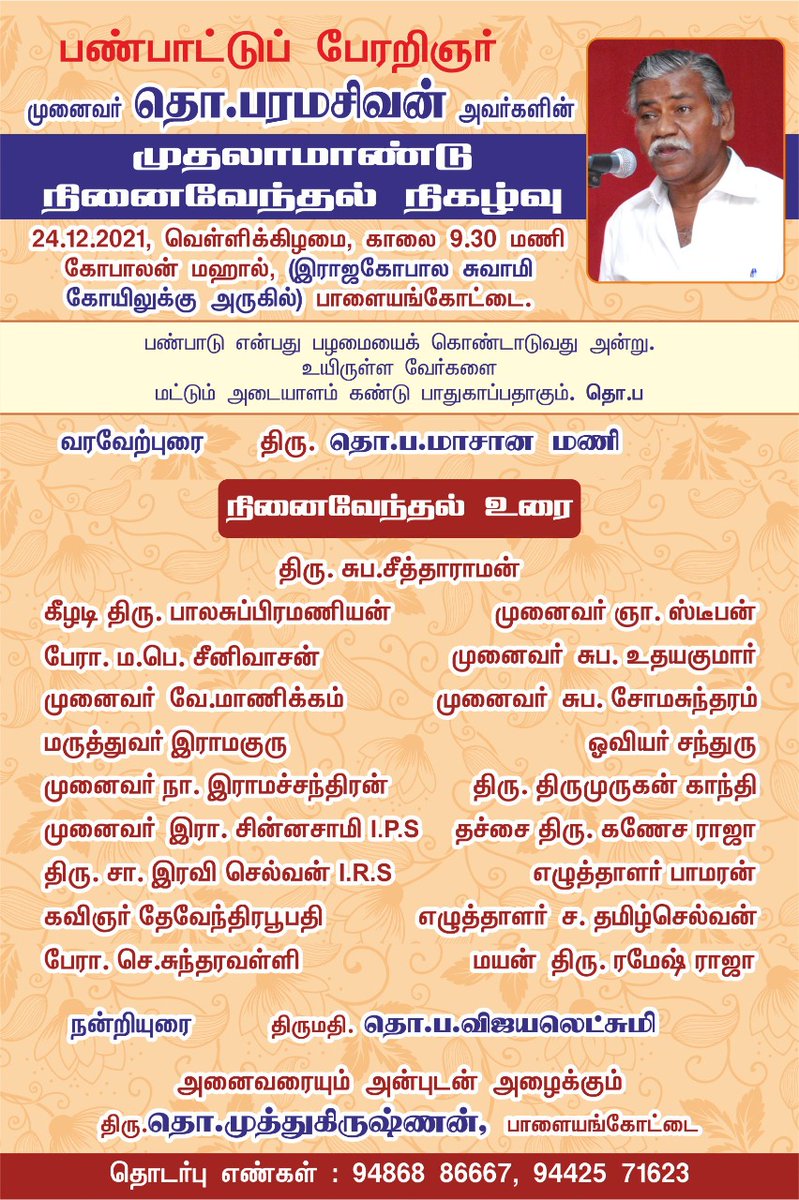
Collaborations may or may not work out as they depend on lots of factors. But a conversation would have been fruitful for both the parties.
This year my resolution is that - "Never postpone/ignore a conversation". We will never know what kind of idea that would spark.
This year my resolution is that - "Never postpone/ignore a conversation". We will never know what kind of idea that would spark.

Additional info: In 1940, Kirubantha Variyar influenced the then Tirunelveli collector to ban the tradition of bull sacrifice that was done for Aayirathamman. My grandfather (Mother's uncle) who was incharge of the temple then wanted the tradition to continue. 

Fearing a social unrest, the tradition was continued. And when my grandfather who was an influential man died in 1942, the tradition came to a halt. This (without names) has been recorded by Tho Pa.. 

Legacy of ThoPa is about documentation. The wholesome recording of rituals around Aayirathamman makes me realize now that it was no random festival but people (unknowingly) are commemorating & reenacting events where the city rallied against external foes (but in altered manner)
• • •
Missing some Tweet in this thread? You can try to
force a refresh


